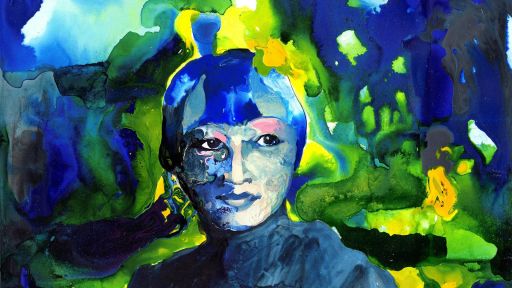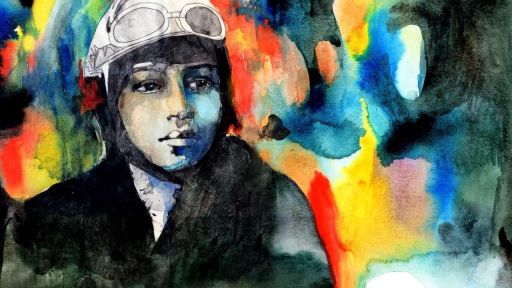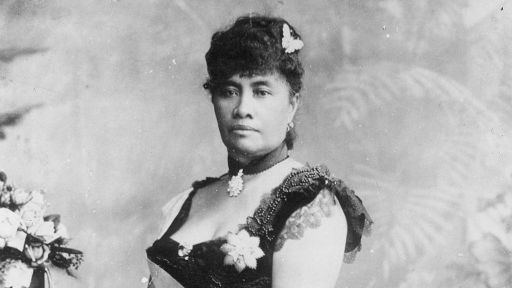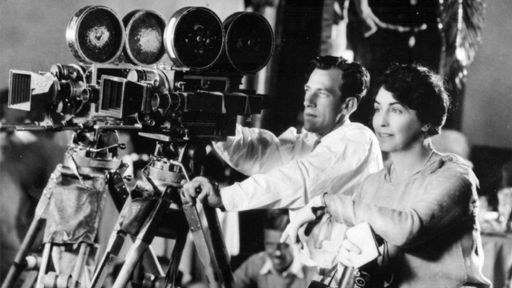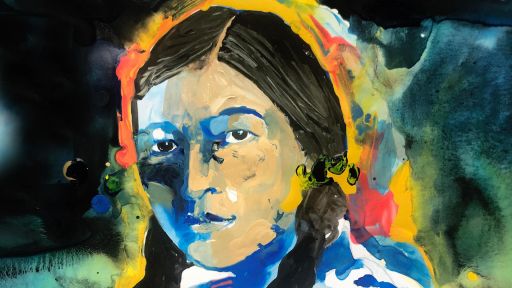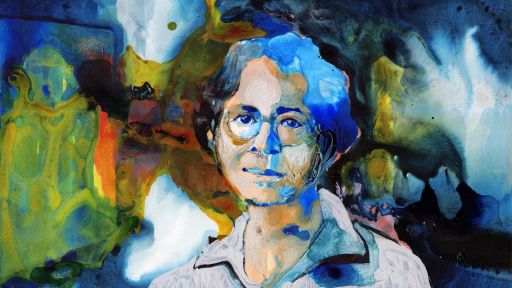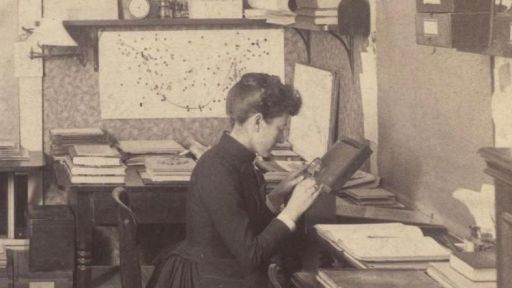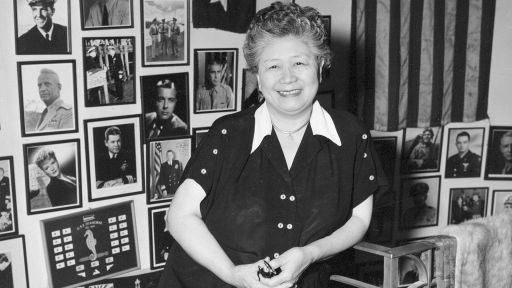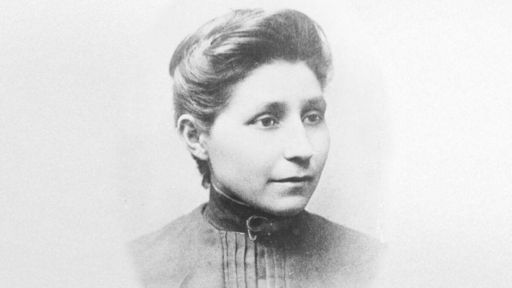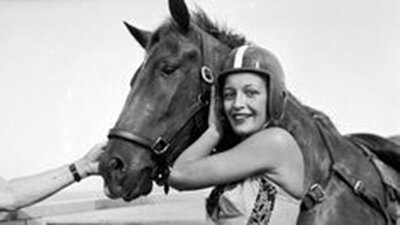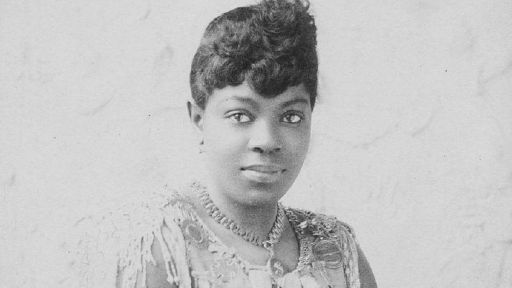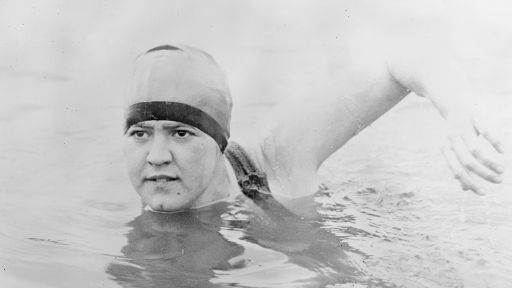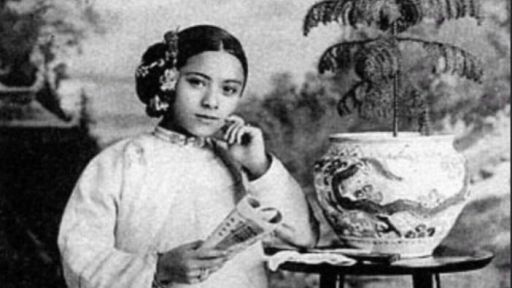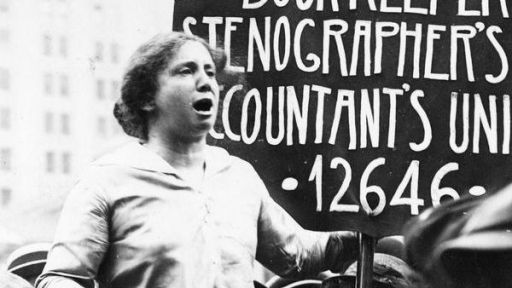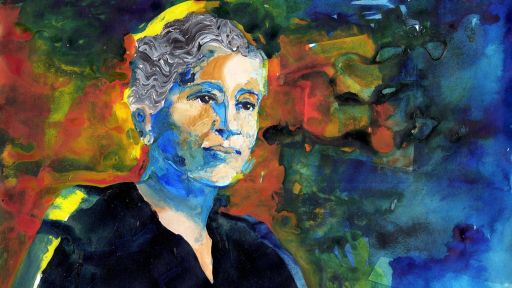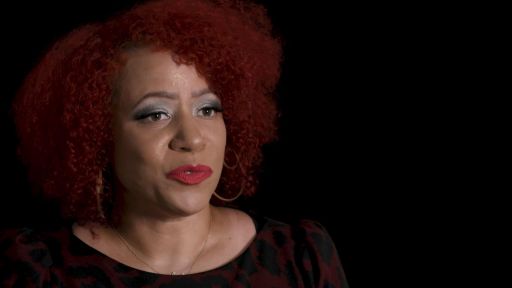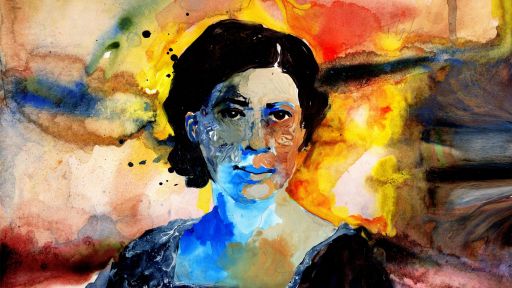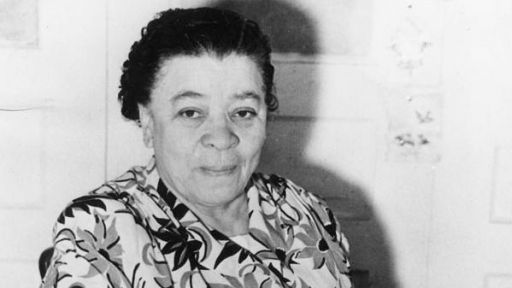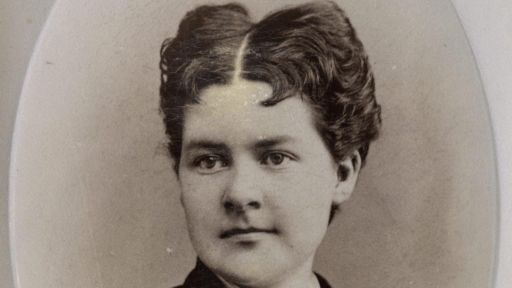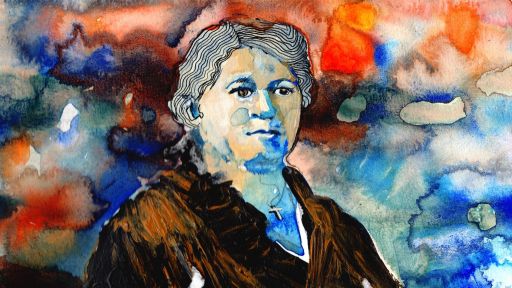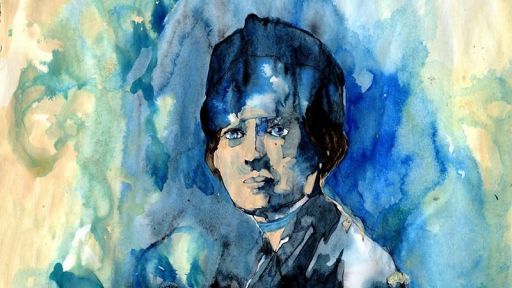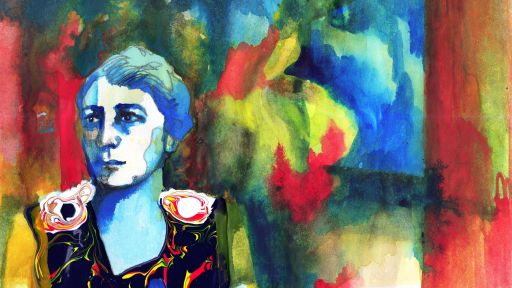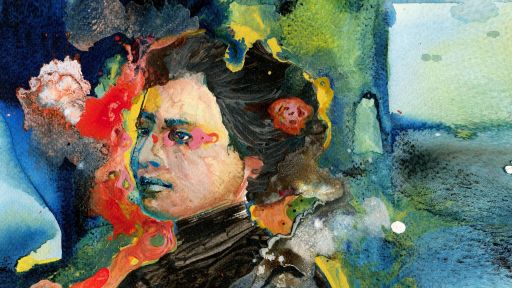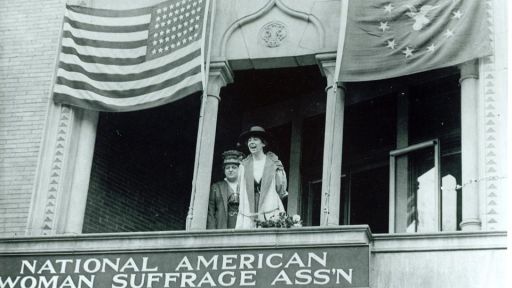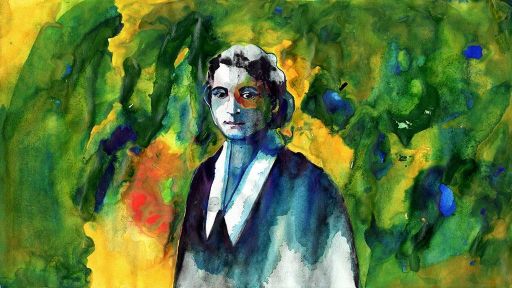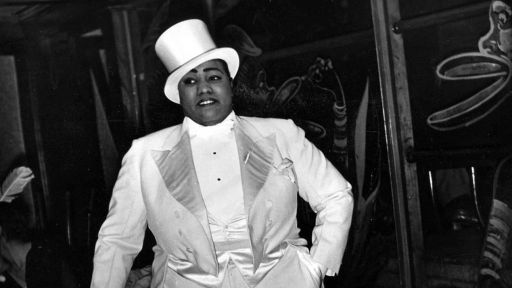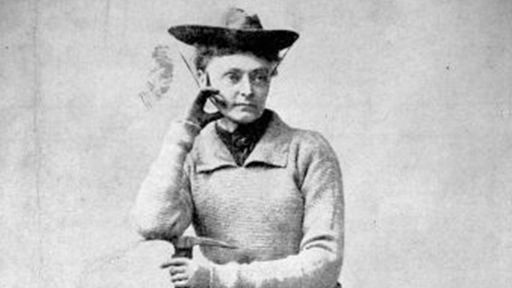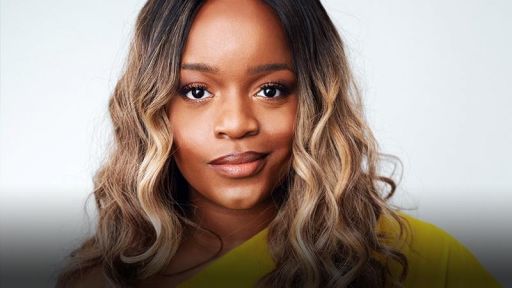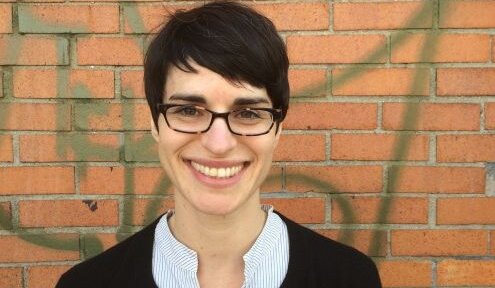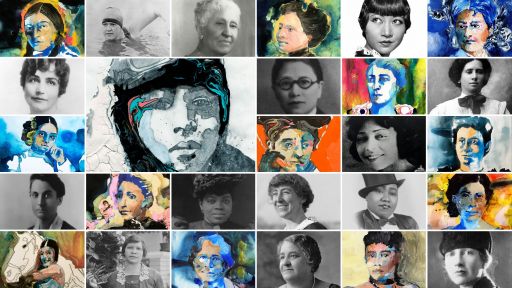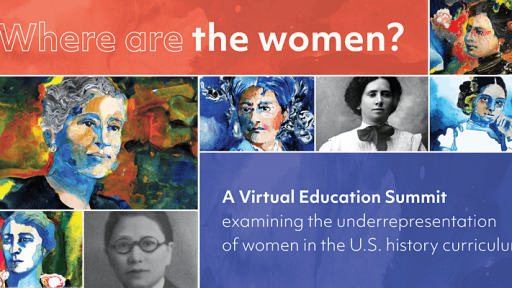TRANSCRIPT
I can't really remember a time where I did read newspapers or look at newspapers.
When I went to high school, I took a Black studies course.
And one day as a 10th grader, I came in and complained to that teacher that our high school newspaper never wrote about kids like me.
And he told me, as great Black educators will do, he was very honest, and he said, 'Either join the newspaper and write those stories yourself, or shut up. And don't come in here and complain about it anymore.
So I did.
I've spent much of my career really trying to lay out and make plan the architecture of racial inequality.
I have long been frustrated that so much reporting on racial inequality is about showing the racist of the week - someone who says something racist - but really ignores the much more critical way that racism works in our society, which is the structural inequality that it creates.
So I always see my work is trying to show that the inequalities we see today aren't happenstance, not accidental. There's a history.
And there are real people right now who make decisions that maintain that inequality.
So few models in the world of Black women, investigative reporters. That is why I helped co-found the Ida B. Wells Society for Investigative Reporting to at least try to do away with that one, excuse that we hear all the time, which is, 'We'd love to hire more Black investigative reporters.
We just can't find any who are qualified. Journalism Is one of the greatest and most empowering professions in the world.
You have a voice. You know, when these protests are happening and you're looking at these killings of other Black Americans and you feel so helpless, um, I can go out and write something and force people to have a reckoning and acknowledge and tell these stories. And that's tremendously empowering.
Right?

